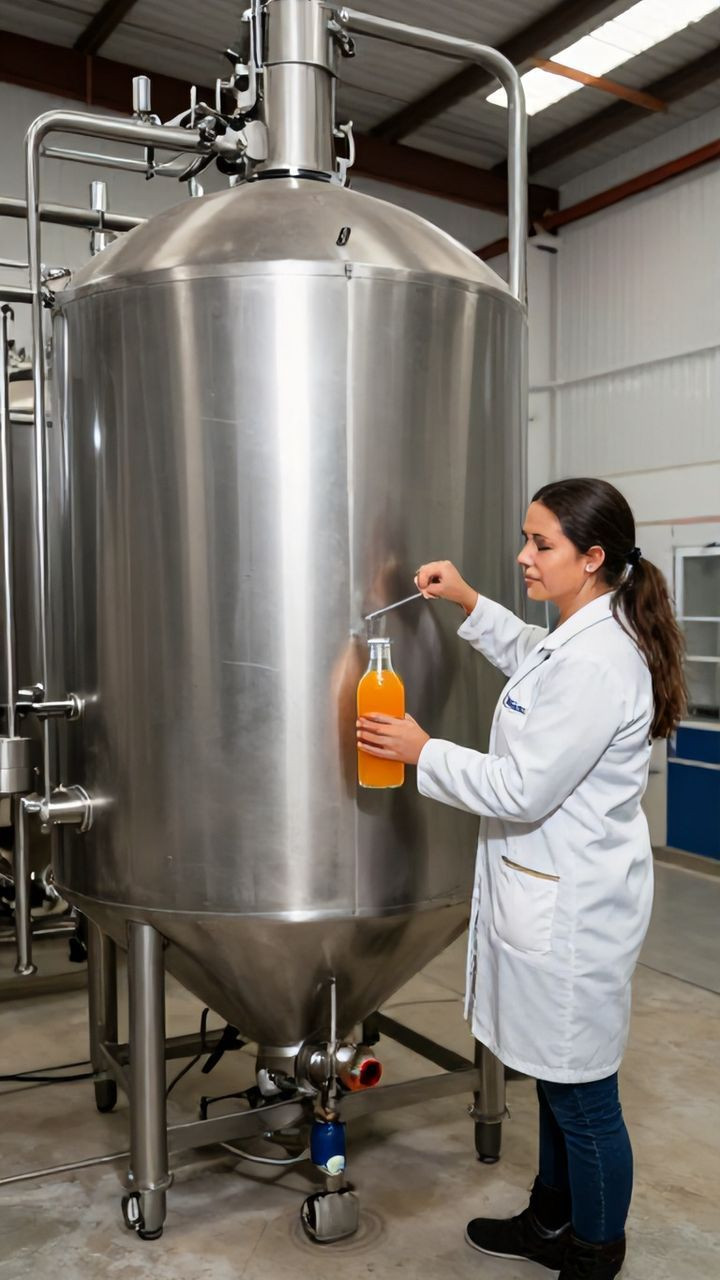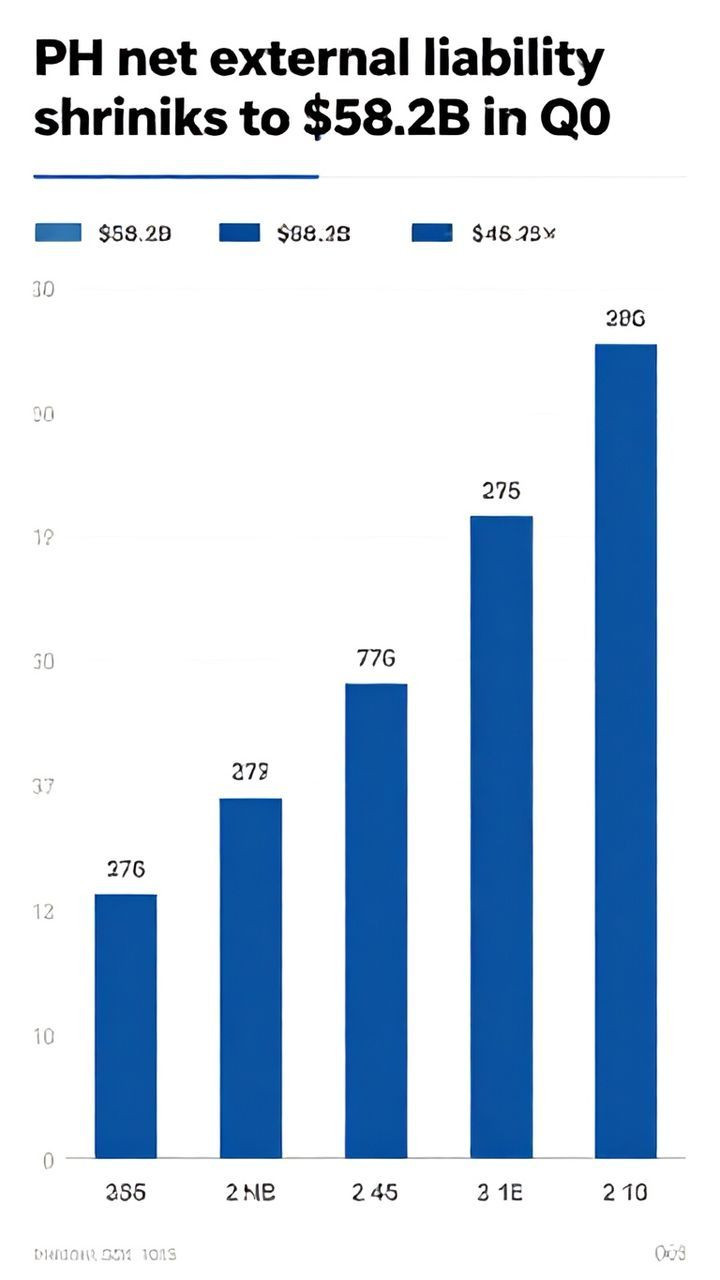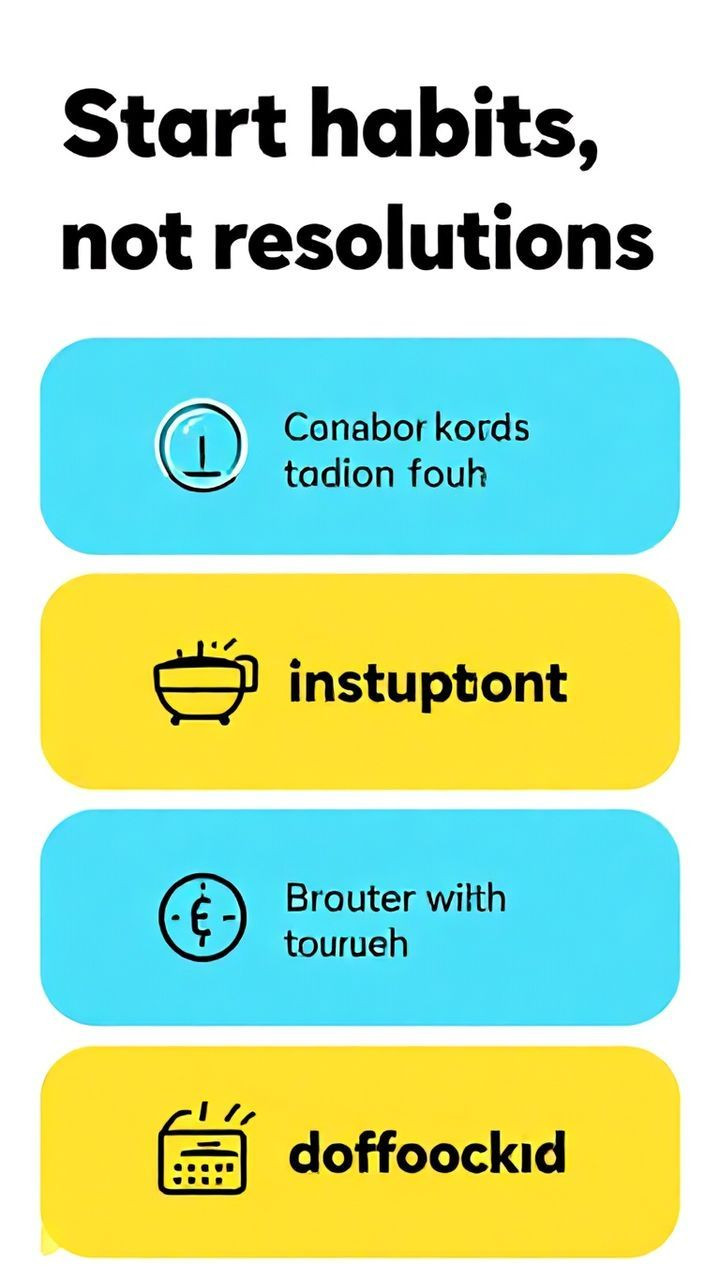
Floods in Palawan and Oriental Mindoro A Call to Action for Composting Enthusiasts
Floods in Palawan and Oriental Mindoro A Call to Action for Composting Enthusiasts
Floods in Palawan and Oriental Mindoro A Call to Action for Composting Enthusiasts
As the devastating floods triggered by the shear line continue to affect over 100,000 people, it's crucial for composting enthusiasts to recognize the far-reaching impact on communities. In this blog post, we'll delve into the challenges faced by Palawan and Oriental Mindoro, highlighting innovative solutions and emphasizing the critical role composting can play in rebuilding these regions.
The Human Toll Statistics and Facts
According to official reports, the floods have affected
107,329 residents or 29,528 families (NDRRMC, 2023)
6 fatalities, with 1 person reported missing in Oriental Mindoro
Over P5,579,892 in assistance provided to 25,241 families
These staggering numbers underscore the magnitude of this disaster. As composting enthusiasts, it's essential to acknowledge the human toll and explore ways to support affected communities.
Challenges in Flood-Prone Areas
Floods present unique challenges for waste management, food security, and infrastructure
1. Waste Management In the aftermath of floods, traditional waste collection methods are rendered ineffective due to debris and contaminants scattered throughout affected areas.
2. Food Security Floods often contaminate soil, water sources, and agricultural land, making it difficult for communities to access clean food. Composting can play a vital role in addressing this issue by providing a means to process organic waste and create nutrient-rich fertilizers.
3. Inadequate Infrastructure In areas prone to flooding, infrastructure is often inadequate or damaged, hindering the effectiveness of disaster response efforts.
Composting A Solution for Flood-Affected Communities
Composting can play a crucial role in addressing these challenges
1. Waste Reduction Composting can significantly reduce the amount of organic waste sent to landfills, minimizing the environmental impact of floods.
2. Soil Remediation Compost can be used to remediate contaminated soil, promoting healthy plant growth and improving food security.
3. Community Building Composting initiatives can serve as a catalyst for community building, fostering social connections and promoting resilience.
Innovative Solutions and Best Practices
To address these challenges, we recommend
1. Composting in Flood-Affected Areas Utilize natural processes to break down organic waste, minimizing the need for energy-intensive processing methods.
2. Waste-to-Resource Strategies Implement waste-to-resource strategies that prioritize recycling, composting, and proper disposal of hazardous materials.
3. Community-Led Initiatives Support community-led initiatives that empower residents to take an active role in addressing flood-related challenges through composting and other sustainable practices.
The Power of Composting
As we navigate the complexities of flood recovery, it's essential to recognize the transformative power of composting. By converting organic waste into a valuable resource, we can create a more circular economy that benefits both people and the planet.
Conclusion A Call to Action for Composting Enthusiasts
As the number of individuals affected by floods continues to rise, composting enthusiasts must come together to support communities in need. By embracing innovative solutions, best practices, and community-led initiatives, we can make a tangible difference in rebuilding Palawan and Oriental Mindoro.
Keywords Floods, Composting, Waste Management, Food Security, Infrastructure, Community Building, Innovation, Sustainability






